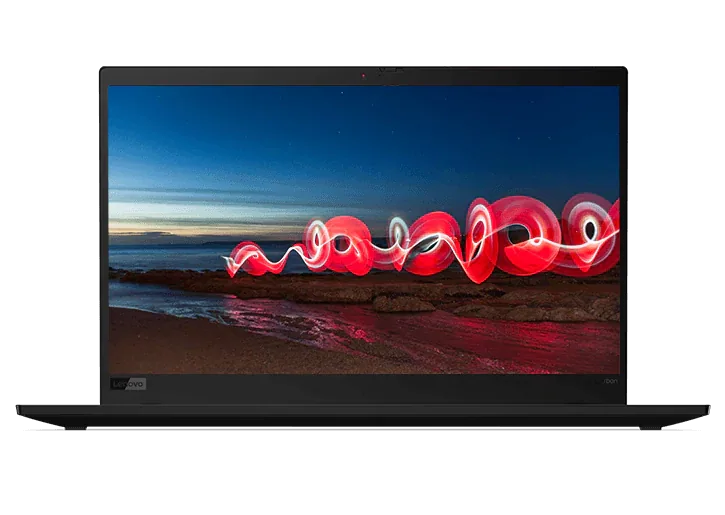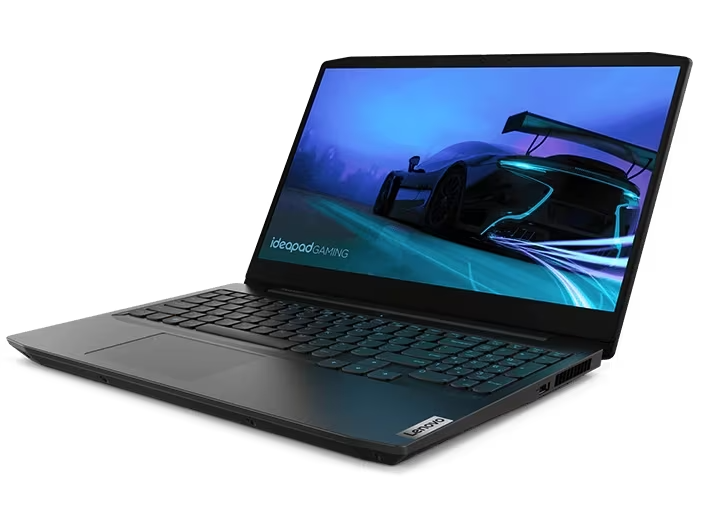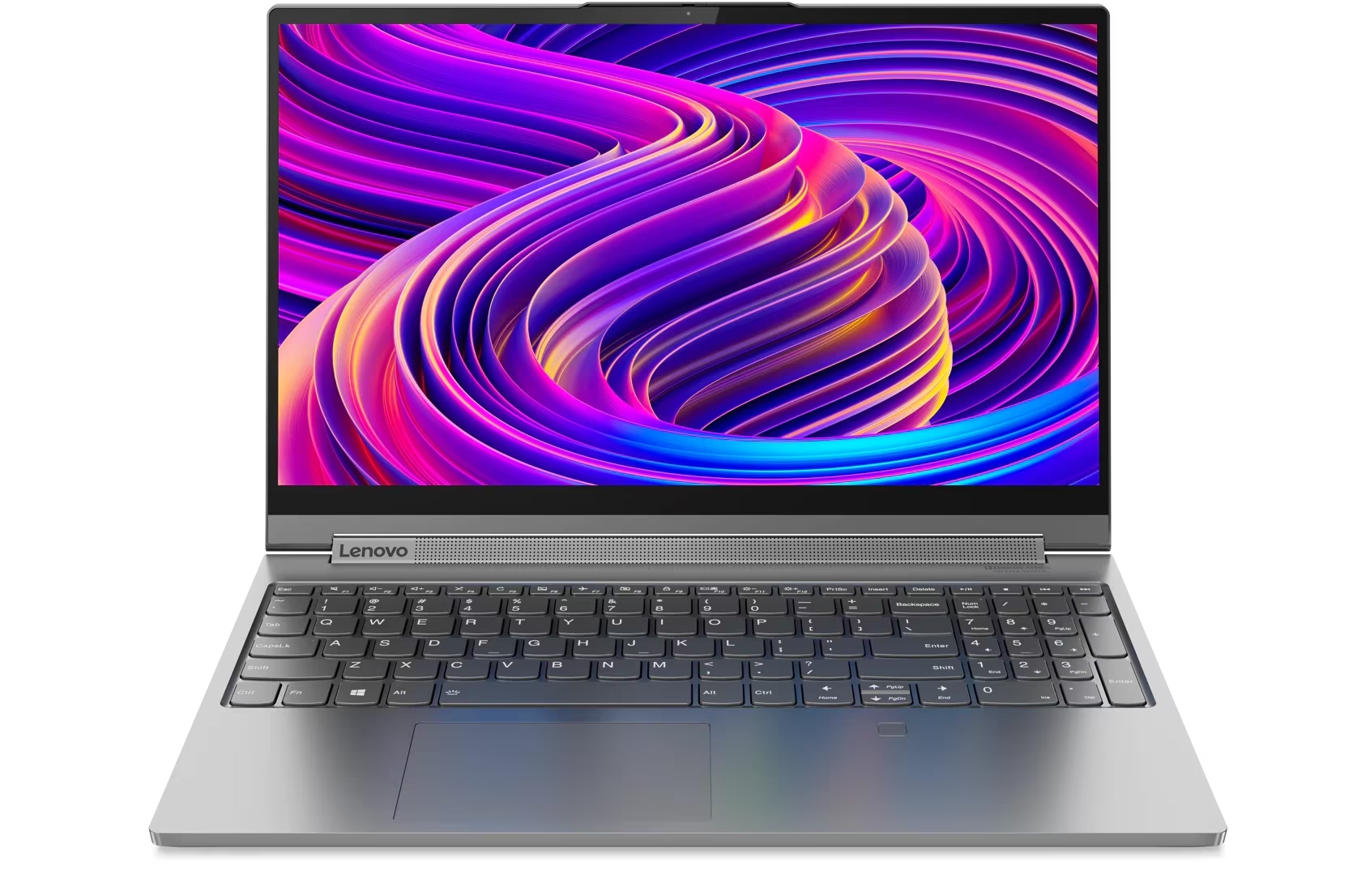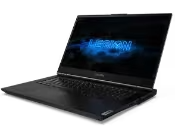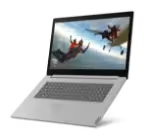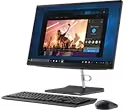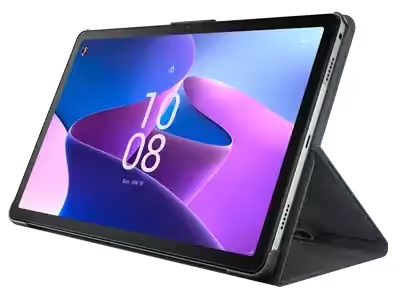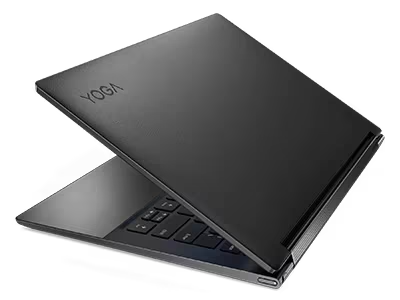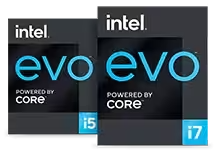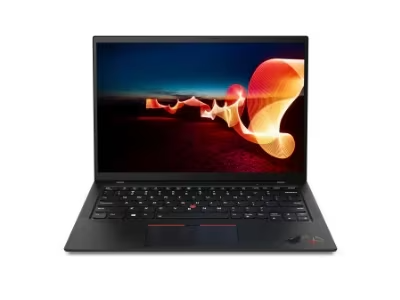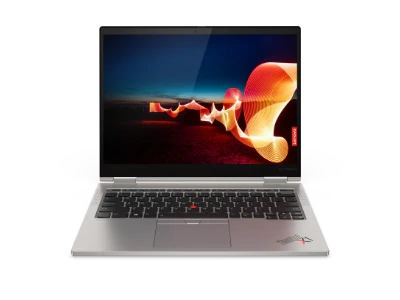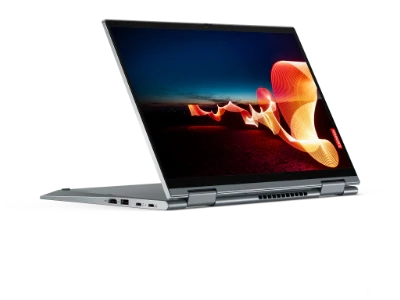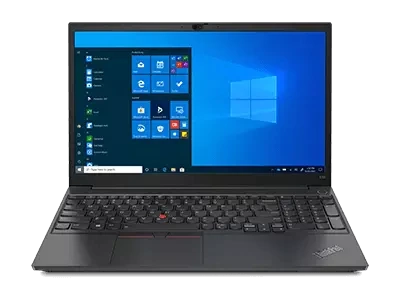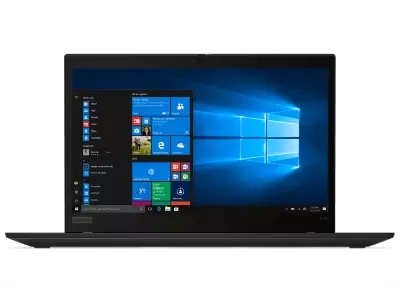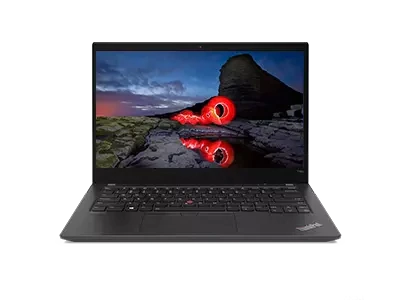Intel Core i7 vs. Intel Xeon in mobile workstations
So you've decided you need the extra computing power, memory and other features of a workstation. But in choosing your new system, you quickly face a big decision: Should your workstation use an Intel® Core® i7 processor or an Intel Xeon® processor?
The vast majority of PC workstations sold today feature one of these highly advanced Intel CPUs. So what's the difference? And which option is best for your particular computing needs and budget?
Comparing Core i7 and Xeon processors
Core i7 processors are considered Intel's "performance" line of CPUs. With more available cores, higher frequencies, and larger cache allotments than the more value-oriented Core i5 series, Core i7 chips are fast and responsive enough to support today's most demanding applications. They lack Xeon's support for error-correcting memory (see below), but for advanced users, Core i7 CPUs can be overclocked to temporarily work at higher-than-rated speeds, whereas Xeon models cannot.
Intel Xeon CPUs offer similar frequencies and cache sizes as the Core i7 series and higher maximum core counts. But the big differentiator is support for Error Correcting Code (ECC) memory, a server-grade feature that makes Xeon chips especially valuable in workstations performing demanding, mission-critical calculations. ECC memory helps find and fix 99.999% of soft memory errors before they cause problems, which can dramatically reduce data corruption and work-destroying system crashes.
Benefits of Xeon and Core i7 workstations
From a strictly dollars and cents perspective, Core i7 processors typically cost less per core than Xeon processors with similar speeds. But take a deeper look and you'll find that each CPU has distinct benefits for different types of users:
- Intel Xeon workstations are valued by users who run advanced CAD applications, work with sensitive financial data, or operate in environments where system crashes can have a big impact on the business's bottom line. These buyers cannot tolerate sudden shut-downs and so-called "silent" data corruption errors, making the reliability and peace of mind of Xeon's ECC memory support worth the small incremental cost.
- Intel Core i7 workstations are ideal for users who need the speed and responsiveness of an advanced CPU to run similar (even the same) compute-intensive applications, but who may have tighter budgets. Or their workloads may not be as time-sensitive or involve less complex image rendering or computational analysis.
Ready to make your choice? Check out our popular Lenovo mobile workstations to find the advanced Intel Core i7 or Intel Xeon processor that's right for you.
